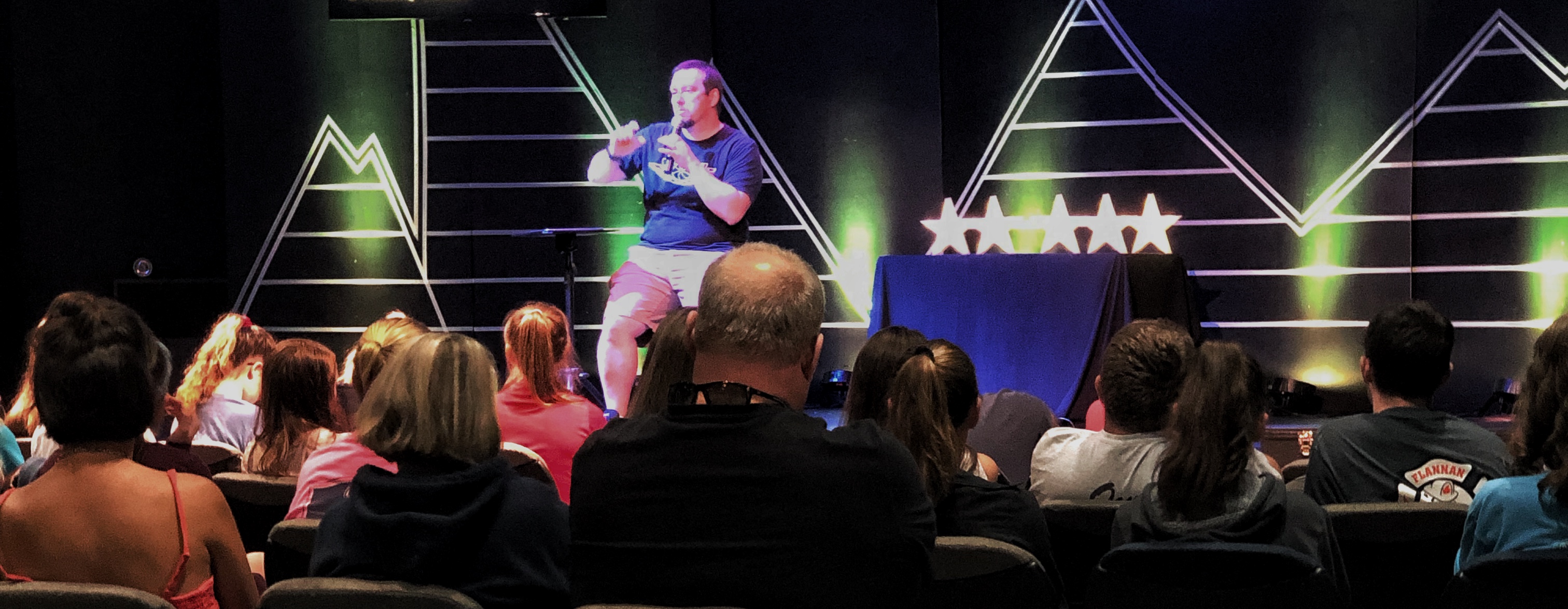Getting Started with Family Worship
Parents are the primary disciple makers of their children. The Bible is clear that Christian parents are to disciple their children and point them to God, sharing with them and showing them how God is faithful to His promises.
We see the results of the lack of this over and over again, as well, in the Old Testament.
As a Christian parent and one who works with teenagers, I have seen over and over the statistics that say that parents who teach their kids the ways of Jesus and walk with Him themselves have kids who follow and love Jesus for a lifetime.

These reasons are why I have made a few videos over the last few weeks about “family worship.” You might call it “family devotions” or something else, but the reality is that parents should make time to teach their kids the ways of Jesus.
It’s also not that difficult to get started with Family Worship. That’s why I made this video and would love for you to check it out. In it, I talk about Five Tips for Getting Started with Family Worship.
Let me know what you think about the video.





